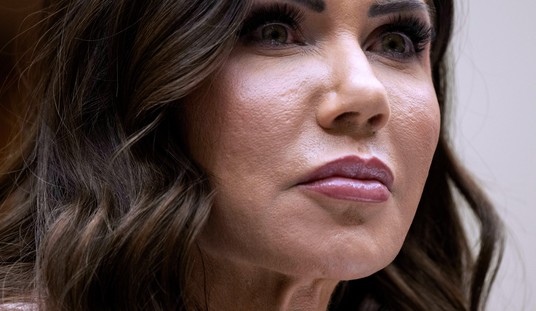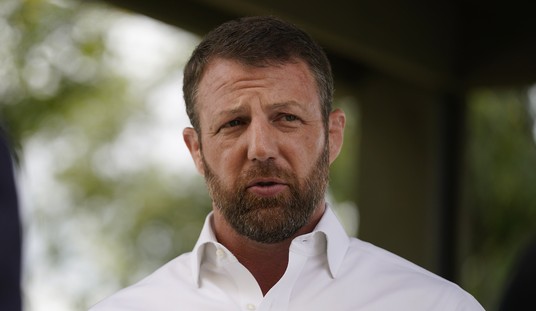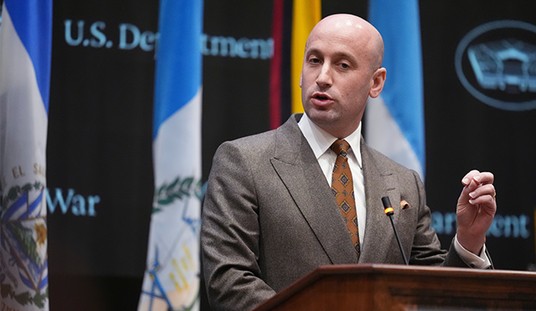The movement on college campuses to establish clear, affirmative consent regulations has been fascinating to see unfold for a couple reasons. The first is that it leads to “Yes Means Yes” rules that abolish the “Innocent Until Proven Guilty” standard of law we as a nation pride ourselves on. A cop shoots a black man and it’s automatically a grave injustice that the law was so harsh, but two college students hook-up and the guy is guilty of rape and due process is not necessary.
The second reason it’s such an interesting cultural development is because it directly clashes with the hook-up culture that we’ve seen rise out of the 1970s and really boom here in the 2000s thanks to innovations in technology and communication. The growth of social media and the use of apps like Tinder have created a culture of casual sex that is unprecedented.
The Washington Post has a piece up on the clash between affirmative consent and hook-up culture.
At least 800 institutions have established some kind of “affirmative consent” policy, whereby both partners must give clear and unambiguous consent to every sexual act. Simply engaging in sex doesn’t signify that you have consented to it; you have to agree directly and explicitly to anything that you do. And two states, California and New York, have written that standard into law.
But I’ve got a different question, one which you don’t hear nearly as often: If boy and girl don’t really know each other, how could they know what each other really wants?
That’s a question about intimacy, not just about consent. And the discussion about emotional connection and communication is mostly missing from the endless role-plays, workshops and online courses that we foist upon our students when they get to college. In fact, it’s the great contradiction at the heart of our college sex wars.
This isn’t so much an indictment of hook-up culture in general (though the lack of an emotional connection in the act of sex isn’t healthy) as it is a warning that when your culture promotes such activity, your expectations of “affirmative consent” can end up being too high.The ultimate question that should be put forward in this cultural battle: What are you affirmatively consenting to? What are you looking for with this person you are sleeping with? What are you expecting? Does this guy or girl know you have absolutely no interest in a long-term relationship? Have they told you that they have no interest in a relationship?”No” means “no.” We as a society know this, and we know what it means. But, when someone says “Yes means yes,” do we know what someone is saying “Yes” to?












Join the conversation as a VIP Member